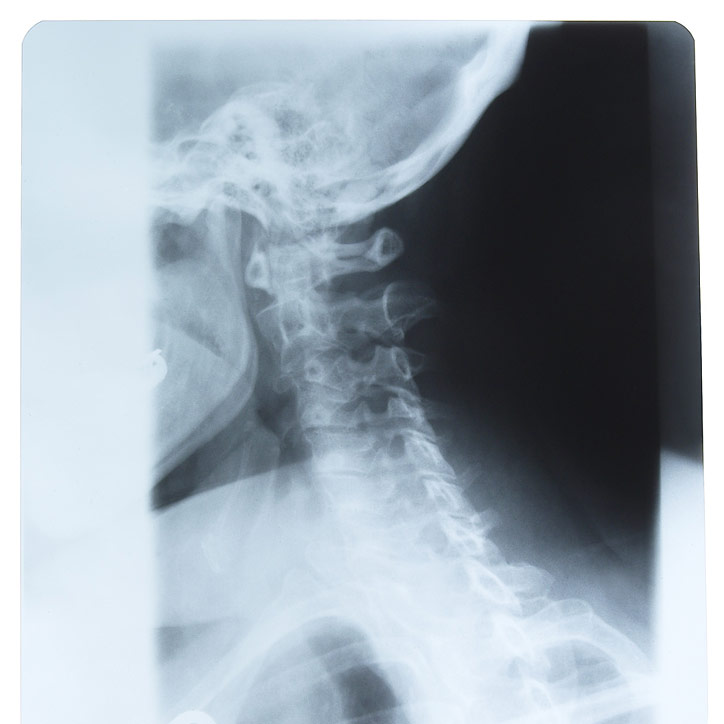
SUNDAY, Sept. 29 (HealthDay News) — Ballet spins are breathtaking to watch but hard to do, and a new study suggests that years of training help dancers’ brains adapt so they can avoid feeling dizzy when they perform pirouettes.
The researchers concluded that dancers are able to suppress signals from the balance organs in the inner ear, and suggested that their findings could help improve treatment for people with chronic dizziness, which affects about 25 percent of people at some point in their lives.
The study included 29 female ballet dancers and 20 female rowers who were about the same age and had similar fitness levels. The participants were spun around in a chair in a dark room. The dancers experienced lower levels of dizziness than the rowers, according to the study published online Sept. 26 in the journal Cerebral Cortex.
Brain scans revealed differences between the dancers and rowers in two parts of the brain: the cerebral cortex, which is responsible for the perception of dizziness, and an area in the cerebellum where sensory input from the vestibular organs in the inner ear is processed. The vestibular system includes hair cells resting in fluid that detect sound and head movement.
The area in the cerebellum was smaller in dancers, scans showed. This may be because dancers would be better off not using their vestibular systems, relying instead on highly coordinated pre-programmed movements, said study author Dr. Barry Seemungal, of Imperial College London, in England.
“It’s not useful for a ballet dancer to feel dizzy or off balance. Their brains adapt over years of training to suppress that input. Consequently, the signal going to the brain areas responsible for perception of dizziness in the cerebral cortex is reduced, making dancers resistant to feeling dizzy. If we can target that same brain area or monitor it in patients with chronic dizziness, we can begin to understand how to treat them better,” Seemungal said in a college news release.
The researchers also found that the rowers’ perception of spinning closely matched the eye reflexes triggered by vestibular signals, but this was not seen in the dancers. The findings may prove important for how doctors test patients with chronic dizziness.
“This shows that the sensation of spinning is separate from the reflexes that make your eyes move back and forth,” Seemungal said. “In many clinics, it’s common to only measure the reflexes, meaning that when these tests come back normal the patient is told that there is nothing wrong. But that’s only half the story. You need to look at tests that assess both reflex and sensation.”
More information
The U.S. National Institutes of Health has more about balance disorders.
Copyright © 2025 HealthDay. All rights reserved.

